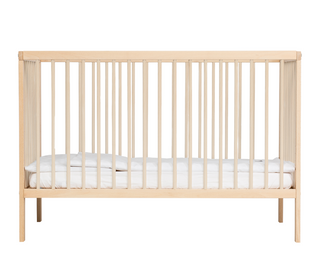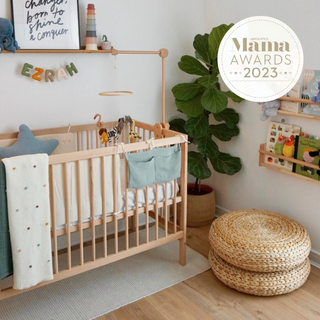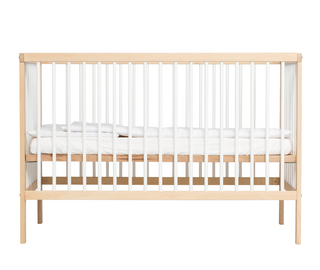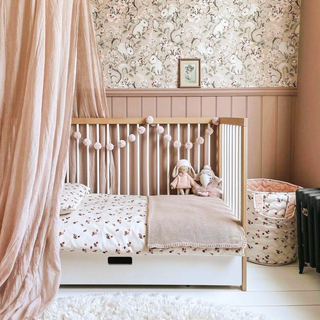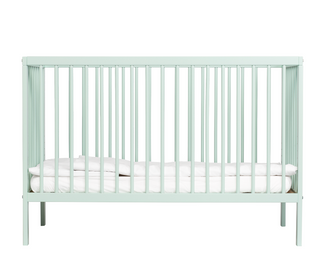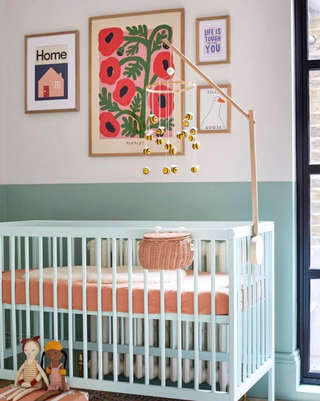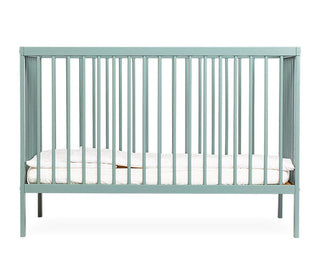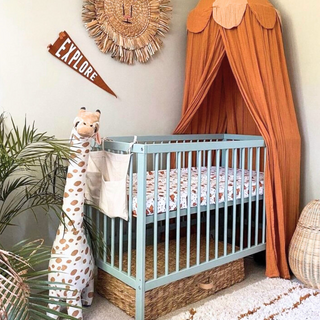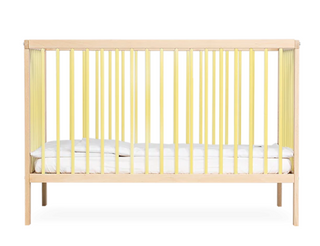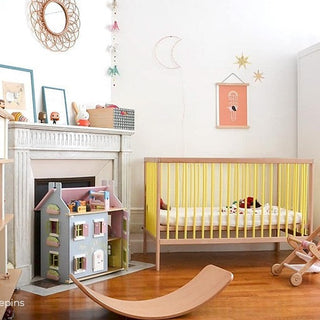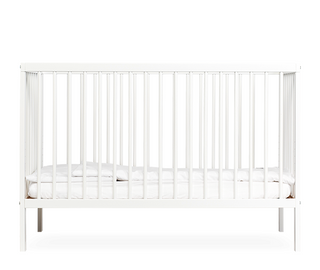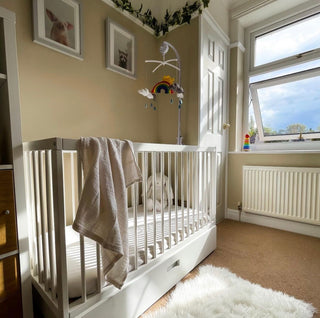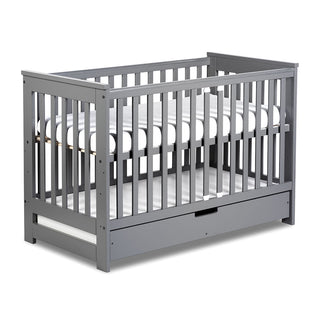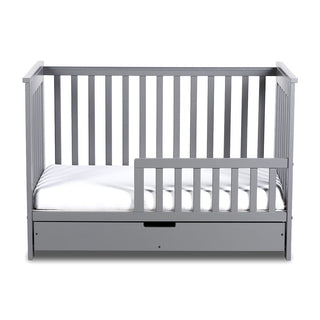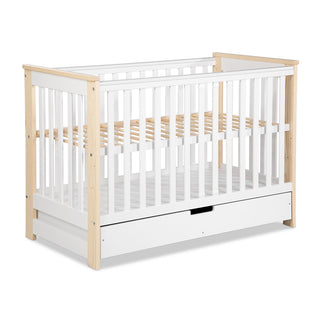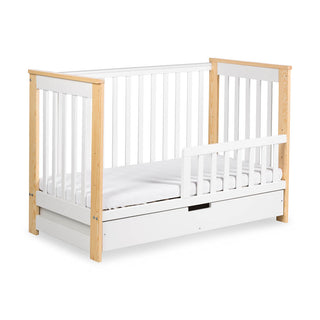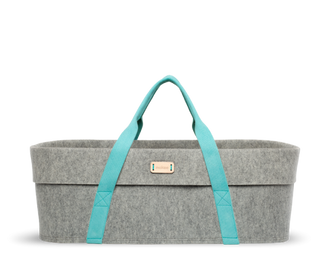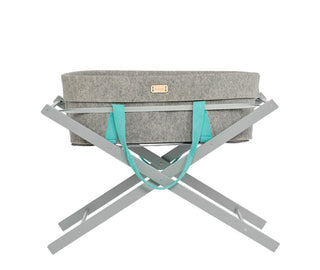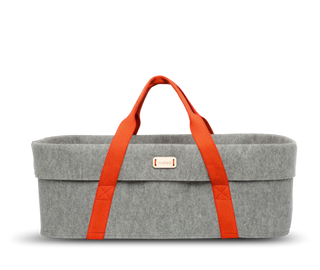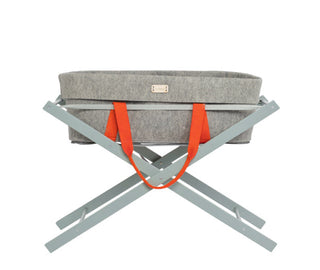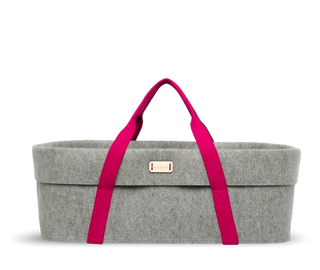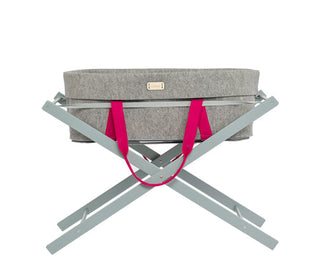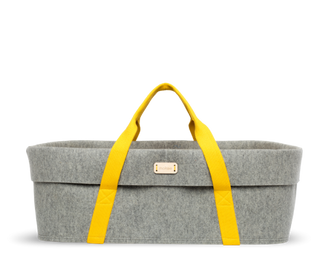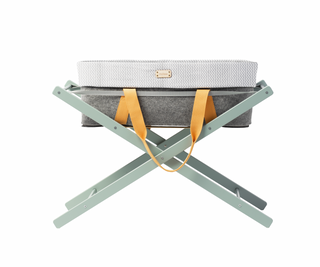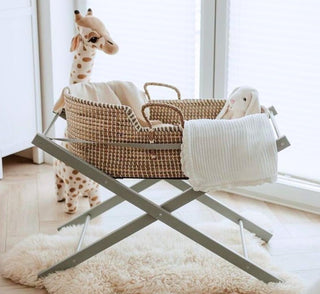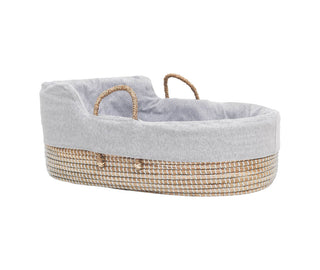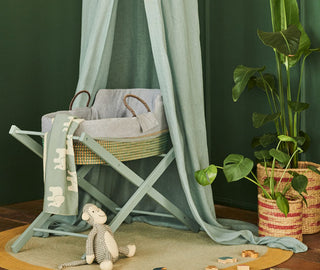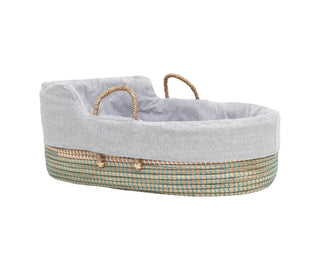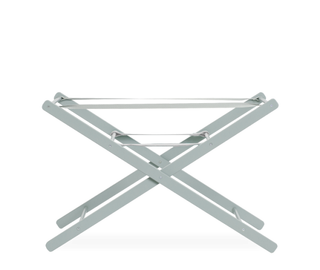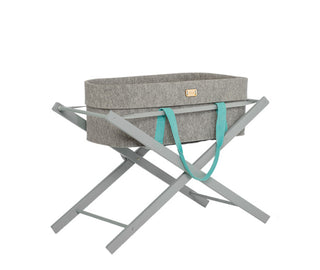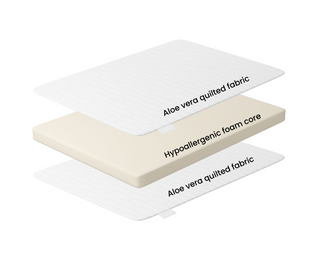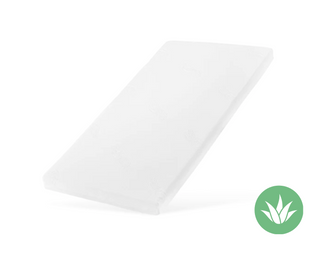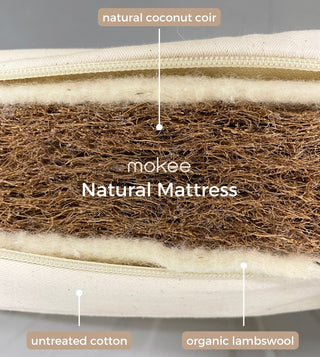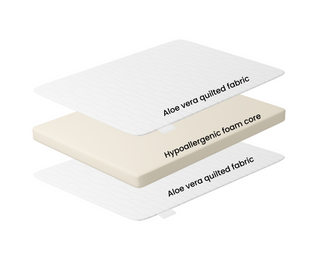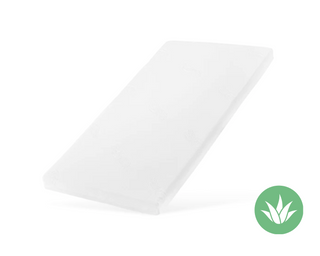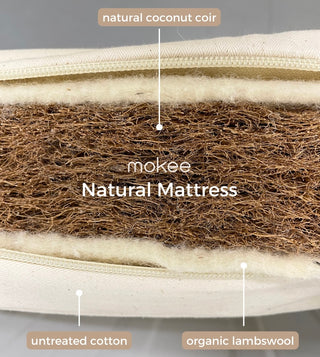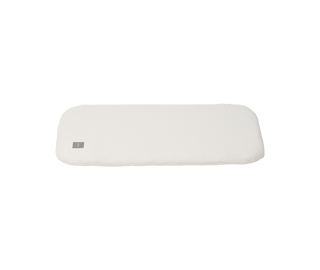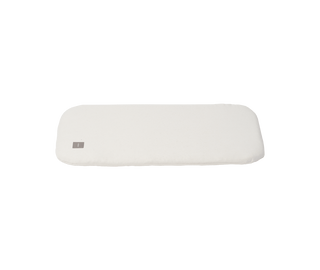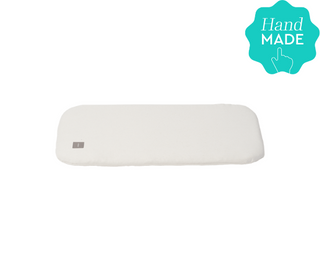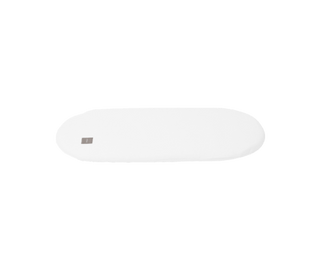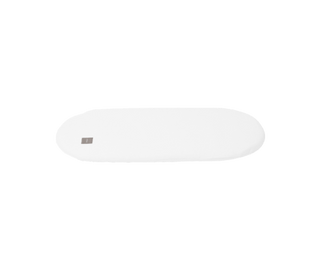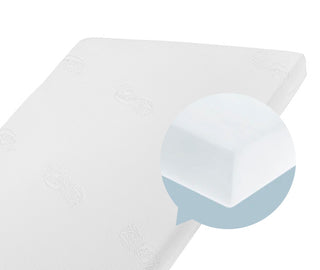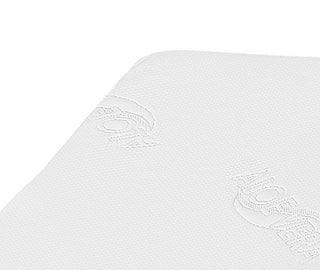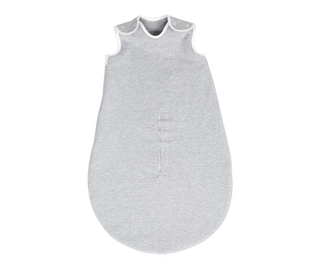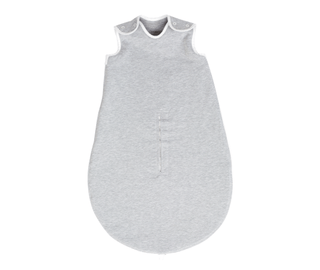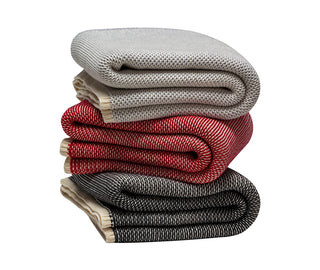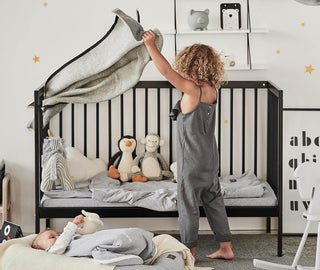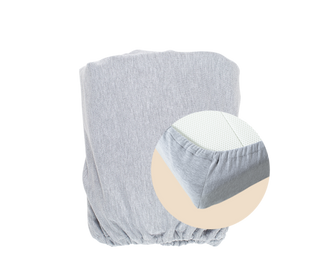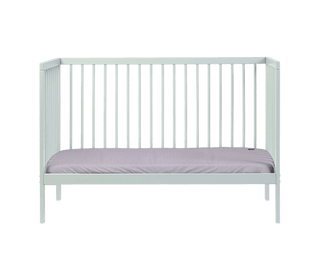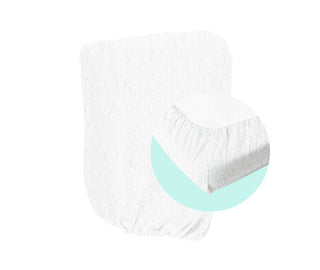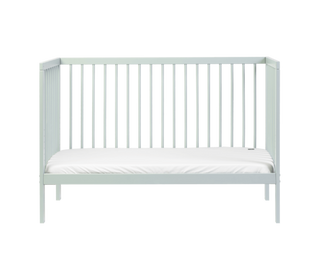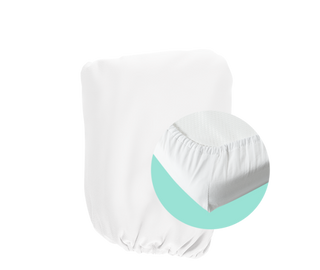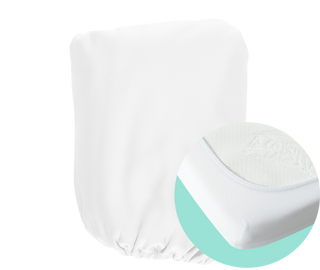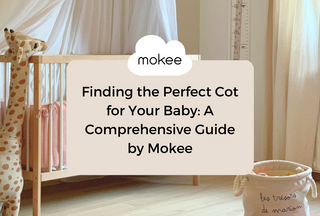Coronavirus: a self-help guide for postnatal depression
3 min read
by Becca Smith • @beccasmith_tomlins
We are thankfully all more aware of the term ‘postnatal depression’. Thanks to society being more open and transparent we hear from many important public figures who talk candidly about their depression after giving birth. And there’s a lot of support out there for mothers, much more than what was available just a decade ago.
There’s no doubt that right now with the global pandemic, births are just not the same experience as they used to be. There is evidence that suggests depression could be higher in mothers due to the coronavirus’ impact on births. Partners only being able to come for the last stages of labour, limited visiting hours and having limited time in hospital. These can all have an impact on any woman who has just given birth.
One in five women will experience post-natal depression and it’s important to recognise the signs. Whether you are worried about your own mental health or a partner or friend, it’s important to get help. The NHS has a brilliant website which explains where you can get help in your area.
What is postnatal depression?
It’s different for every woman and can impact them in many ways, It can start at any time, from the moment you give birth. This may develop slowly or come on pretty quickly.
There is a difference between feeling down and having post-natal depression. I definitely got the ‘baby blues’ when many women feel tearful, anxious in the first week of giving birth. This is very common and I put this down to feeling very, very tired. Labour is labour – tiring. So if you start to feel blue, make sure you are getting enough rest and ask for help. ‘Baby Blues’ won’t go on for more than 2 weeks but if it does, seek help as this could be the beginnings of Postnatal depression.
Symptoms
The main symptoms include:
- a persistent feeling of sadness and low mood,
- loss of interest in the world around you and no longer enjoying things that used to give you pleasure,
- lack of energy and feeling tired all the time,
- trouble sleeping at night and feeling sleepy during the day,
- feeling that you're unable to look after your baby,
- problems concentrating and making decisions,
- loss of appetite or an increased appetite,
- feeling agitated, irritable or very apathetic,
- feelings of guilt, hopelessness and self-blame,
- difficulty bonding with your baby with a feeling of indifference and no sense of enjoyment in their company,
- frightening thoughts – for example, about hurting your baby; these can be scary, but they're very rarely acted upon,
- thinking about suicide and self-harm.
Where can I get help?
In the UK, the first point of call in seeking help is your GP or health visitor. They can listen to your feelings and discuss the best way forward for treatment. Mind is a great charity which offers a lot of advice and help too. Post Natal Illness is a organisation run by people who have suffered from postnatal depression. The Mental Health Organisation has in-depth information for people who suffer and also for friends and family too.
The impact of COVID - 19
It’s important to talk about emotions accompanying pregnancy and after you have your babies - particularly important at this time with Coronavirus and the restrictions this pandemic has had on birth and pregnancy. We've invited Lucy Cavendish, the experienced psychotherapist, to join moKee Birth School online and talk about the emotions accompanying pregnancy. Listen to moKee's podcast on emotions accompanying pregnancy and how to deal with them.

